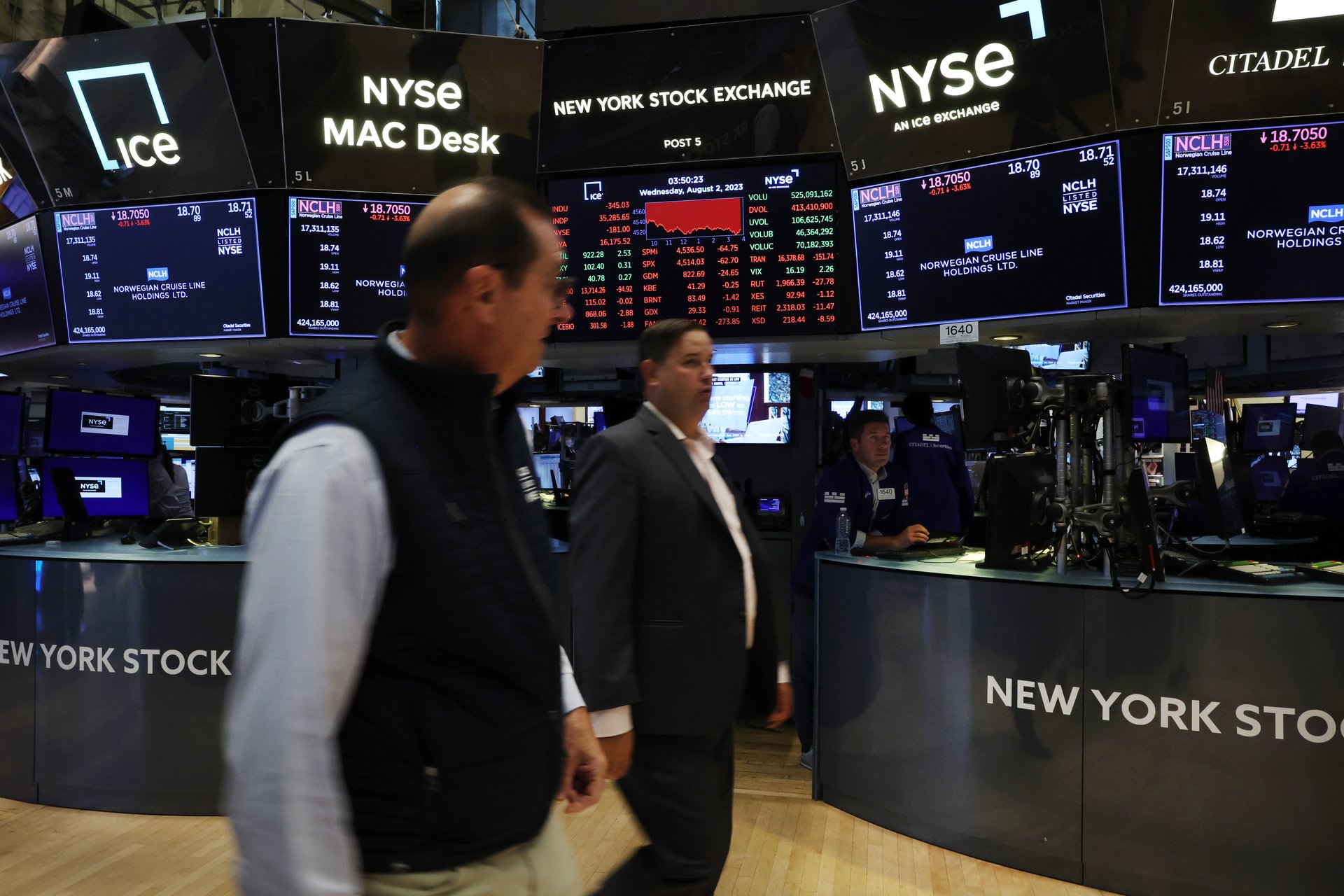A billionaire hedge fund manager has a chilling stock market warning
Paul Tudor Jones said that even if Trump walks back his tariffs, markets are headed "to new lows"

In a stark warning, billionaire hedge fund manager Paul Tudor Jones said that even a partial retreat by President Donald Trump on his aggressive tariff policies won’t be enough to spare the stock market from deeper losses.
Suggested Reading
“We’ll probably go down to new lows, even when Trump dials back [tariffs on] China to 50%,” Jones said Tuesday morning on CNBC’s (CMCSA) Squawk Box. Jones, the founder and chief investment officer of Tudor Investment, shot to fame after he predicted the 1987 stock market crash.
Related Content
Trump’s tariff strategy has become a cornerstone of his economic policy — and a lightning rod for criticism. In recent months, his administration has slapped a staggering 145% tariff on Chinese imports, escalating an already tense trade war. China quickly retaliated with its own tariffs of 125%.
According to Jones, even if the White House walks those tariffs back to 40% or 50%, the damage is already done.
“Even when he does that ... it’d be the largest tax increases since the ’60s,” Jones said. “So you can kind of take 2%, 3% off growth.”
Since the president’s “Liberation Day” announcement on April 2, markets have been in a constant state of chaos — especially because tariff policies seem to change on the president’s whim. The S&P 500 has clawed back its early tariff-related losses since that announcement, but plenty of uncertainty abounds on Wall Street.
“For me, it’s pretty clear,” Jones said. “You have Trump who’s locked in on tariffs. You have the Fed who’s locked in on not cutting rates. That’s not good for the stock market.”
With inflation cooling but not collapsing and interest rates still anchored in the 4.25-4.5% range, the Federal Reserve has opted for a wait-and-see kind of approach. Chair Jerome Powell has said repeatedly that the central bank wants more clarity on the economic outlook — particularly around trade — before making a move. He’ll speak Wednesday; the Fed’s policy meeting starts Tuesday, and there’s plenty to expect.
“Unless [the Fed] got really dovish and really, really cut, you’re probably gonna go to new lows,” Jones said. “And then when we’re [at] new lows, the hard day will start to follow, and it’ll probably create the Fed to move, create Trump to move. And then we’ll get some kind of reality.”
Trump has repeatedly criticized Powell and demanded that the central bank chief cut interest rates. The president has said, however, that he has no plans to try to remove Powell from his post.
Jones isn’t the only businessperson sounding the alarm on the U.S. economy. A growing number of economists and market strategists are starting to echo similar concerns.
CEOs have told Trump that it’s time to make a trade war deal and are increasingly predicting a recession as tariffs rattle the economy. And according to data from the Census Bureau and Bureau of Economic Analysis, the U.S. trade deficit widened more than expected in March, rising to $140.5 billion — a 14% jump from February’s revised $123.2 billion.
The Dow dropped even farther Tuesday as Wall Street waits to see what Powell says.